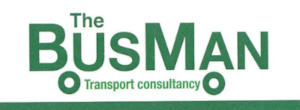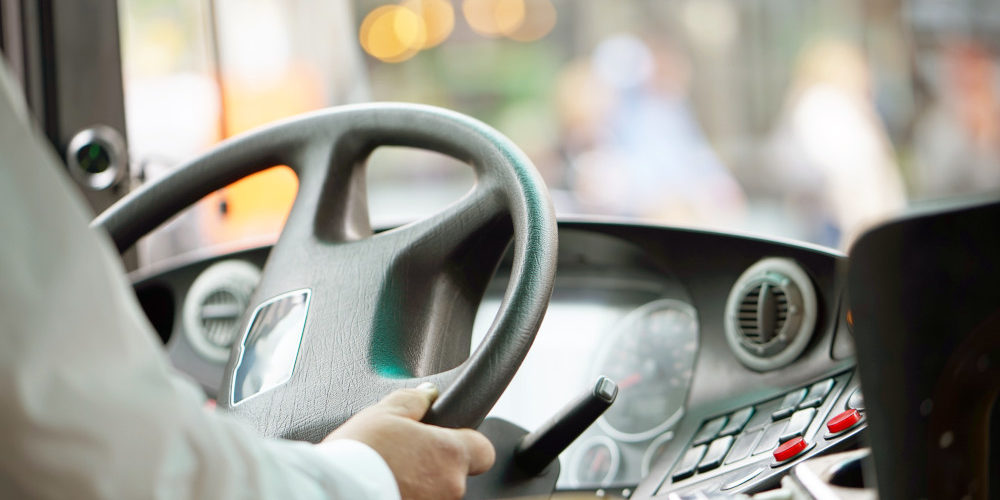Outside London, two door double deck buses had limited success. When I used to cover late duties as a bus conductor in Walsall, if we were allocated a two door double decker, everyone knew that only the front door was used – apart from one driver! I was upstairs busy collecting fares when I realised we had been stopped for rather a long time. I ran downstairs and found a passenger who had rung the bell standing by the front door (which was closed) waiting to get off, with the middle door open. Despite asking the driver politely to let her off he sat staring ahead saying nothing. I quietly suggested to her that she should use the centre door which she did but what effect did that incident have on her attitude to public transport? An extreme example perhaps, but not untypical of the bus industries attitude to it’s customers – an attitude that says everyone knows how to use the bus.
One college training prospective clergy, sends its students to place a bet in a betting office on the basis that it is unlikely that this is something they have ever done before. The idea is that they will know how it feels to enter a church if you are not a regular churchgoer.
The same logic applies to bus users. It shouldn’t be assumed that everyone knows exactly what to do every time they travel. My wife is a regular bus user but on one occasion I told her which bus she needed to catch to get to her destination. Later I asked her how the journey had gone:
“You didn’t tell me which side of the road to wait”
“it’s obvious”
But it isn’t obvious to those who don’t travel every day, and that is true of many aspects of bus travel.
People thinking of using the bus need to be confident they will get the assistance they need and a priority is a friendly greeting and a willingness to help.
Traditionally the basic requirement for a bus driver is an ability to drive and then a hope that customer care can be learnt. Instead, how about recruiting experts in customer care and teaching them to drive?
For the past couple of months my journey to work in the morning has involved a change of buses and a 25 minute wait. What could I do for 25 minutes on cold dark mornings? Next to the bus stop is a Costa shop which after a couple of mornings stood in the cold seemed a good option. I was struck by the difference in approach between the Costa staff and the average bus driver. I was offered a cheery “Good morning”, was made aware of all the special offers and deals and when I left the wish was expressed that I would have a good day.
It would be interesting to compare the rates of pay and hours of work of staff in coffee shops and for bus drivers. I suspect bus drivers do better on both counts. So why are bus drivers not uniformly helpful and welcoming?
Passengers on the journeys I use are few and far between but one boarded and asked for Rhyl. In response he was told “we don’t go there mate”. What would have been difficult about “I’m sorry, I only go as far as Denbigh but you can change there and I will show you where the stop is.”?
It is sometimes said “Bus driving would be a great job if it wasn’t for the passengers” but if there were no passengers there would be no need for bus drivers. The bus industry has to fight for every passenger at the moment and managers need to inspire all their front line staff to be customer care champions for their companies. The ever increasing awareness of the need to adopt a low carbon lifestyle could encourage some non-bus users to give the bus a try. The attitude of the first bus driver they encounter could result in a customer for life.





